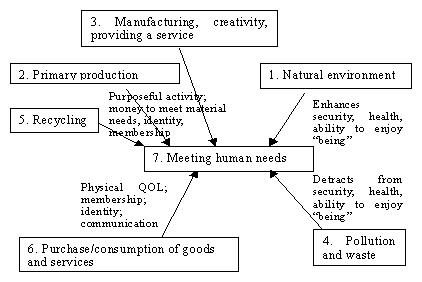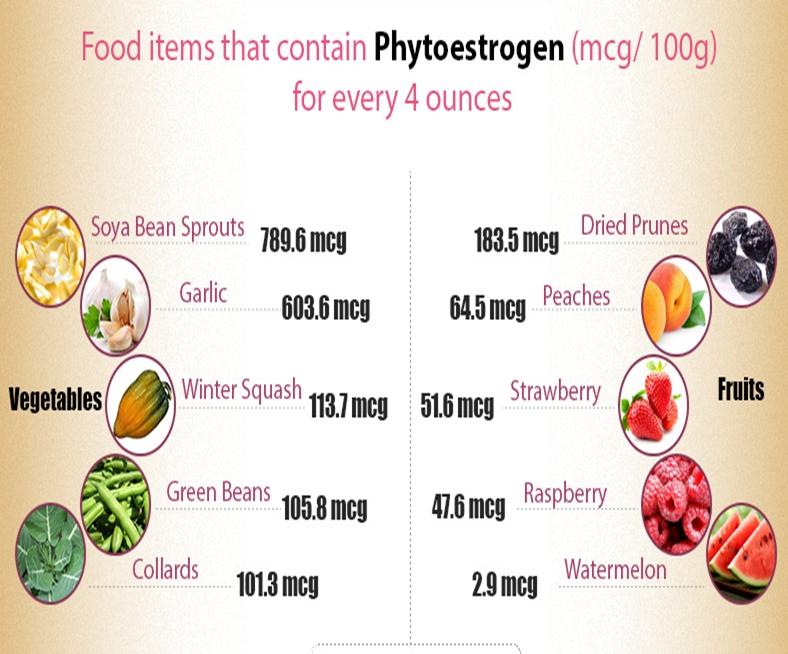Environmental Significance of Consumption

Consumption is the process by which living organisms use resources to sustain themselves and maintain their life processes. This can include the consumption of food, water, energy, or any other resource necessary for survival. Consumption is an essential part of the natural cycle of life, but it can also have a significant impact on the environment.

1. Resource Depletion:

One of the most significant environmental impacts of consumption is the depletion of natural resources. As the human population grows and consumption rates increase, the demand for resources such as fossil fuels, minerals, and timber also increases. This can lead to the depletion of these resources, which can have far-reaching consequences for the environment and the future availability of these resources.
2. Pollution and Waste:
Consumption also generates pollution and waste, which can have a negative impact on air, water, and land. The burning of fossil fuels, the use of industrial chemicals, and the disposal of waste can all contribute to pollution and environmental degradation. This can lead to health problems for humans and other living organisms, as well as damage to ecosystems.
3. Climate Change:
The consumption of fossil fuels is a major contributor to climate change. The burning of fossil fuels releases greenhouse gases into the atmosphere, leading to an increase in global temperatures. This is causing a range of environmental problems, including rising sea levels, more extreme weather events, and changes in ecosystems.
4. Biodiversity Loss:
Consumption and the associated resource extraction and habitat destruction can contribute to biodiversity loss. Natural habitats are often destroyed or fragmented to make way for agriculture, resource extraction, or development, leading to a decline in biodiversity. This can have detrimental consequences for ecosystems, as each species plays a specific role in maintaining the balance and health of the environment.
5. Sustainable Consumption:
To address the environmental impacts of consumption, it is essential to adopt sustainable consumption practices. This includes reducing excessive consumption, using renewable energy sources, adopting eco-friendly technologies, and opting for products and services that are produced in a sustainable manner. Governments, businesses, and individuals all have a role to play in promoting sustainable consumption patterns and reducing the environmental impacts associated with consumption.










